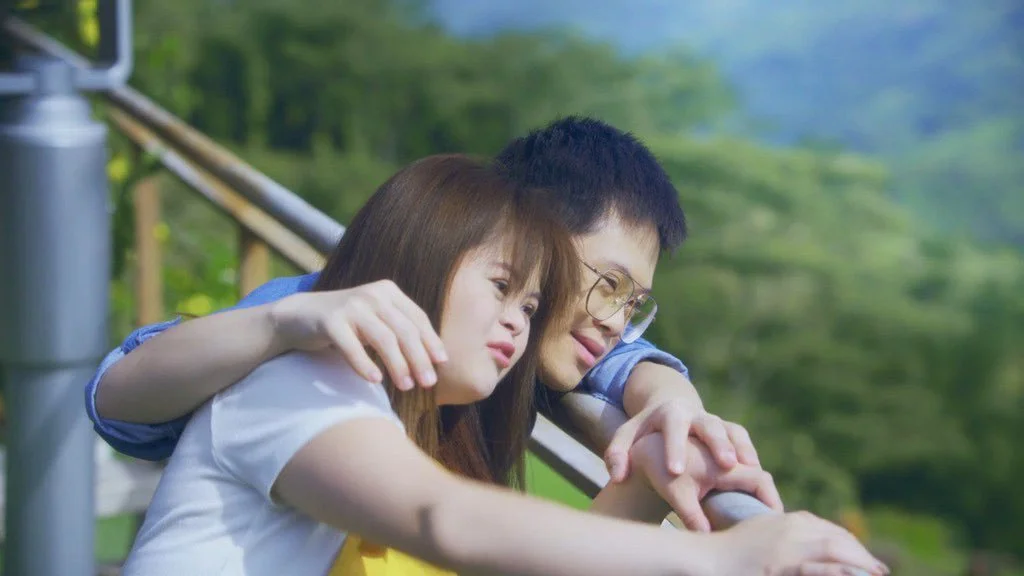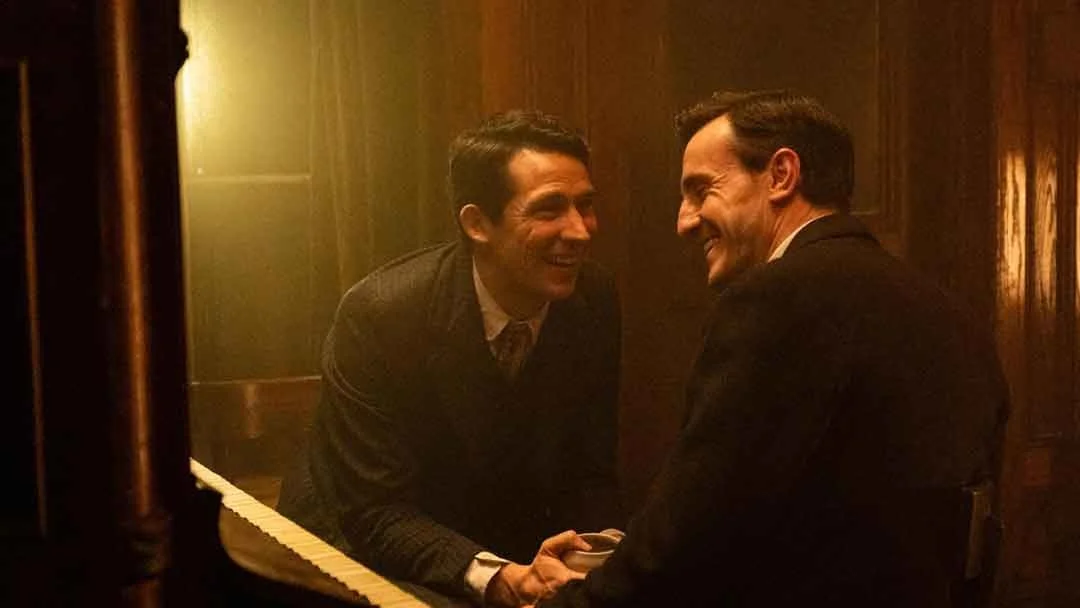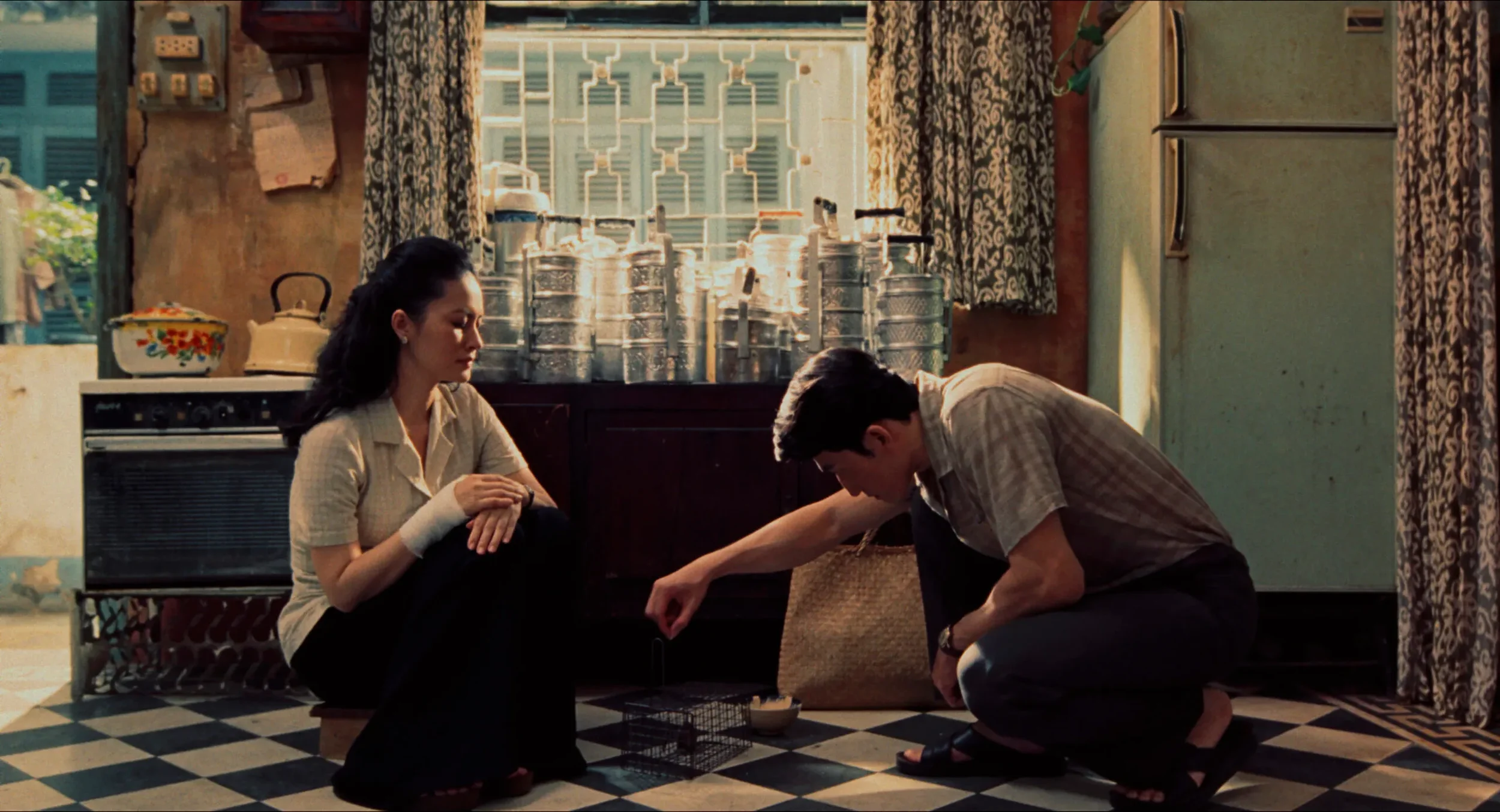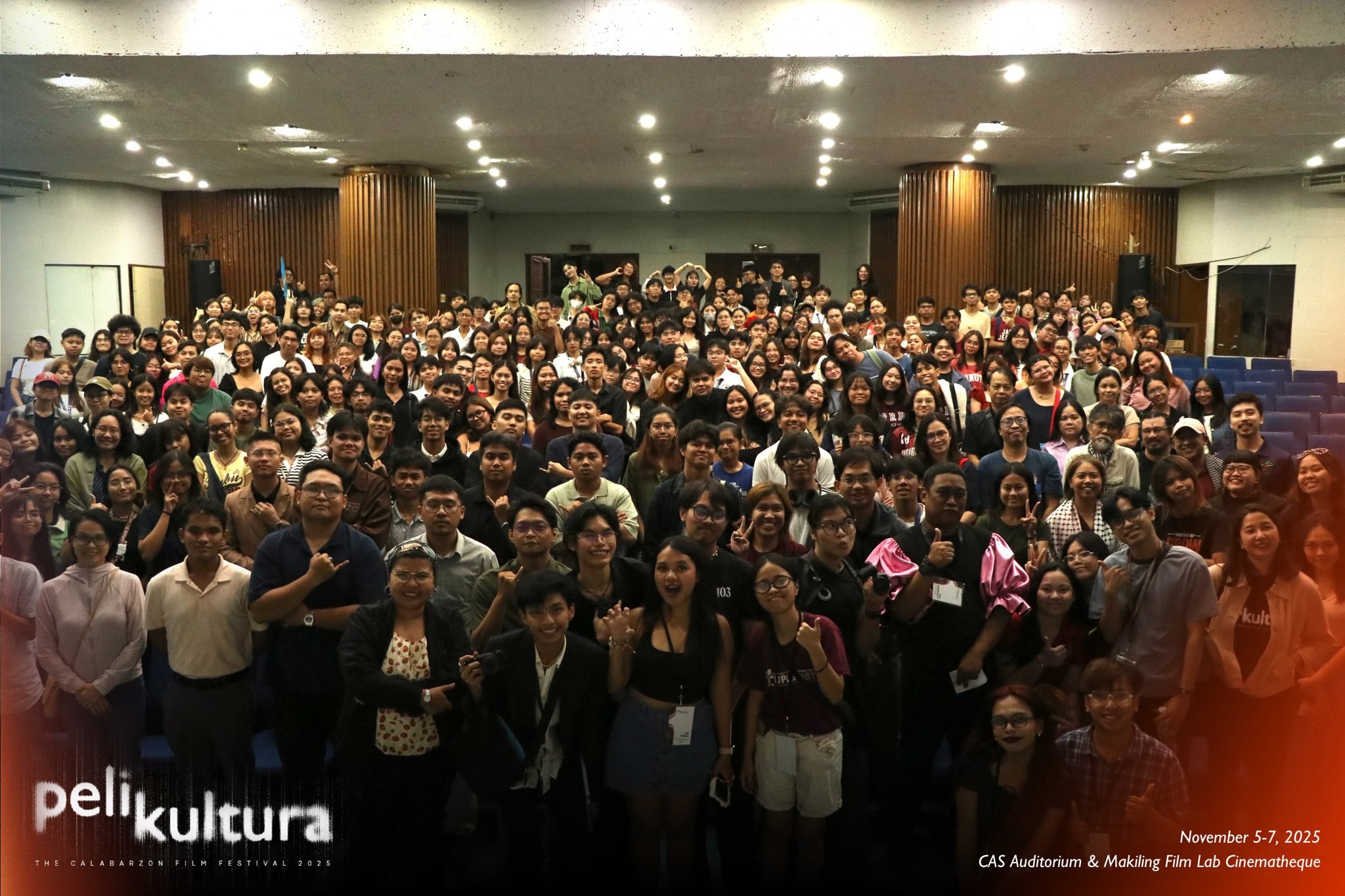'Tokyo Story' REVIEW: Formally Masterful, Profoundly Emotional
‘Tokyo Story’ REVIEW: Formally Masterful, Profoundly Emotional
Films that take on deliberate pacing and static camerawork are easily deemed challenging by audiences. Tokyo Story does maintain a firm commitment to its calm demeanor, never taking a moment of its runtime or story to wallow in the melodramatic. The result of Yasujiro Ozu's cumulative meditation on generational gaps, metropolitan unavailability, and the inevitable changes of time is a film that transcends its present and reaches beyond to anyone willing to sit in its wavelength.
Time and its passage are one of the film’s main concerns. The elderly Hirayama couple, Shukichi and Tomi, head to Tokyo to visit their adult children. As they pack their bags, their youngest daughter, Kyoko, hands them their lunches before heading out to work. It is an introduction staged without flair, but it’s the first of many instances showing the Hirayama siblings leaving their parents for their present obligations.
When Shukichi and Tomi meet their grandsons for the first time, they are greeted with their avoidance. The film plays these scenes for humor, though when their father, Koichi, and his sister, Shige, seem to prefer working than spending time with them, their attitude echoes with a generational sadness. It is their daughter-in-law, Noriko, who goes out of her way to guide them around the city and also offers them a stay at her apartment. Noriko’s husband is presumed dead since the end of the Pacific War, and it is her in-laws who even nudge her towards remarrying despite her smiling persistence that everything is fine as it is.
Tokyo Story’s plot absolutely resists the melodramatic potential of its story. As time passes, this may likely befuddle future viewers over what they do not see, or what emotions the characters do not express. Indeed, the film chooses to be so reverential that it takes a deliberate pace in showing the characters talking. Their dialogue never overlaps, and scenes never cut between them talking. If it is an effect that seems uncanny, it avoids that feeling by being a consistent visual identifier for a family whose formality with each other seems more reminiscent of colleagues than a family who has really spent time having personal conversations with each other. Ozu modulates this film perfectly in the way he frames his scenes. It never strays from its observational eye, but many scenes make clear that it emotionally connects with each family member.
The elderly Hirayama couple are given ample time to be seen as individual persons. Tomi tries to strike up a conversation while playing with one of her grandsons. She wonders aloud what he would want to be when he grows up and whether she will be alive to see it. Met with no response, Tomi’s frequently active smile disappears in one of the film’s quietly devastating scenes. When Shukichi visits a friend and gets drunk with him, they both share their disappointments and defeated acceptance of how their children do not surpass their expectations.
Characters are given plenty of screen time that prevent audiences from having biases against anyone. For as much as Koichi and Shige seem to be uncaring, they also are not as well off to be able to abandon their obligations at will. Koichi is a local physician who cancels a planned day out to care for a patient. While Shige seems to prefer working in her salon, when her father comes home drunk with a friend she prepares a space for them to sleep, though begrudgingly. It is also Shige who speaks at length about her parents, an indication that she keeps everything about them in mind. Even Keizo, who appears late into the film’s story, is given room to be understood in his delay.
This empathy also extends to Kyoko, who gets a moment near the end venting about how selfish her older siblings can be for choosing to spend as little time with their parents as possible. Though likely in the same position as them, Noriko placates her by saying that she will understand when she gets older. So when Noriko finally breaks in a conversation with Shukichi that unravels her insecurities, it feels like a well of catharsis flowing smoothly rather than a burst of emotion that overwhelms.
Ozu has worked prolifically in Japan since his days as a silent filmmaker, moving between drama, comedy, and even action. Gifted with the ability to imbue sound into his films, he seems to choose not to emphasize cinematic bombast in his films. Even as his films seem to be edited with more softness, their sharp observations never become dull. In fact, avid film viewers may want to play a game of picking out which shots influenced other younger filmmakers. One may be surprised at just how much wealth its visuals contain in impact, and how its wisdom still feels rich for a generation whose attention seems to be more finicky.
Tokyo Story presents itself as the thesis of Ozu’s observations. It endures because it does not pretend to reach for a point. It continues to resonate because, despite its formality, it does not intimidate. In fact, its approach should be seen as a way of inviting anyone and everyone to sit with the Hirayama family to recognize themselves, to recognize their loved ones, and to value the ways that film can also help us reach beyond the barriers in our hearts and minds and maintain the connections that we already have.
‘Tokyo Story’ will screen at the UPFI Film Center on February 22, 26, 27, 29, and March 2 as part of the Japanese Film Festival. For more information, visit the JFF website.














